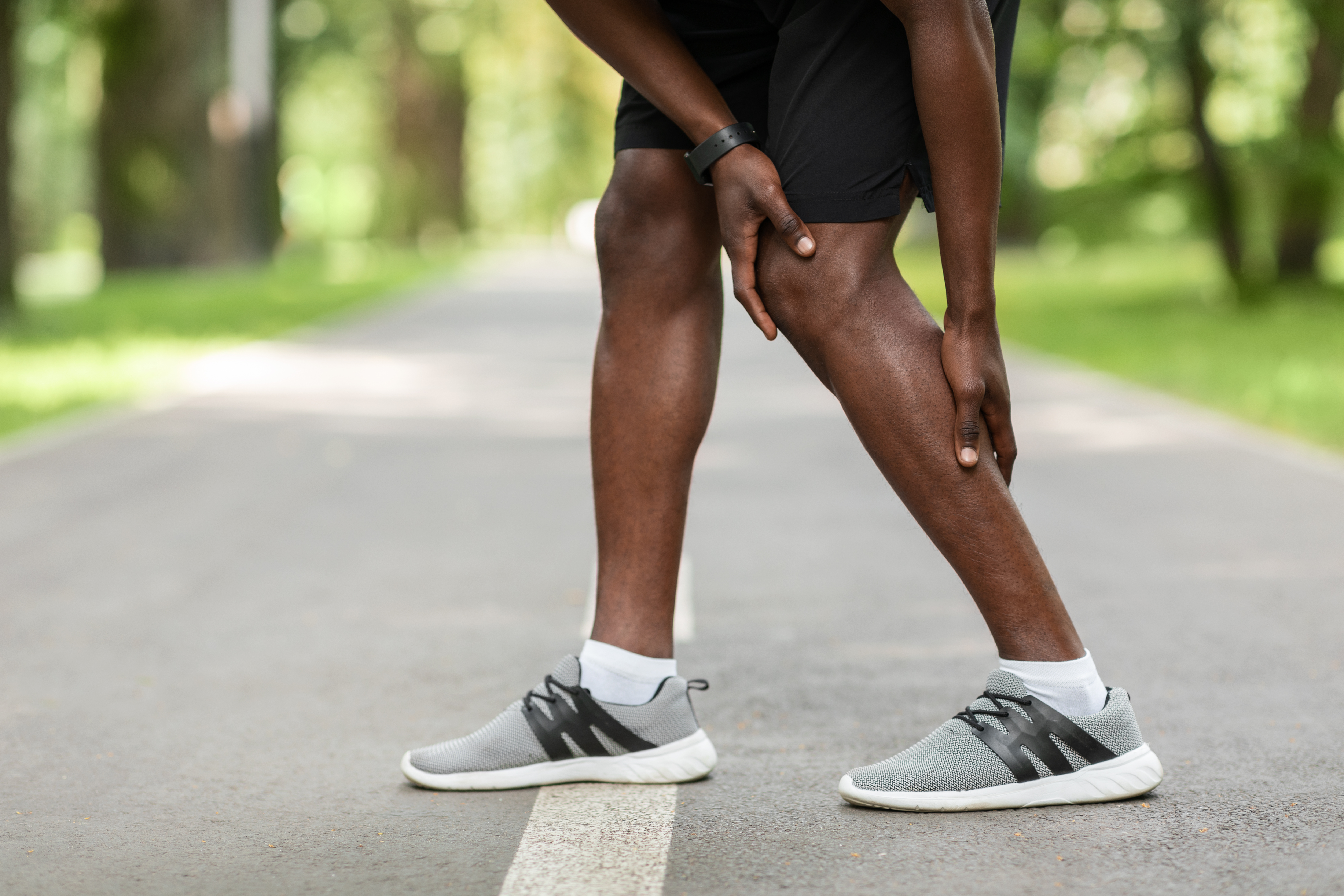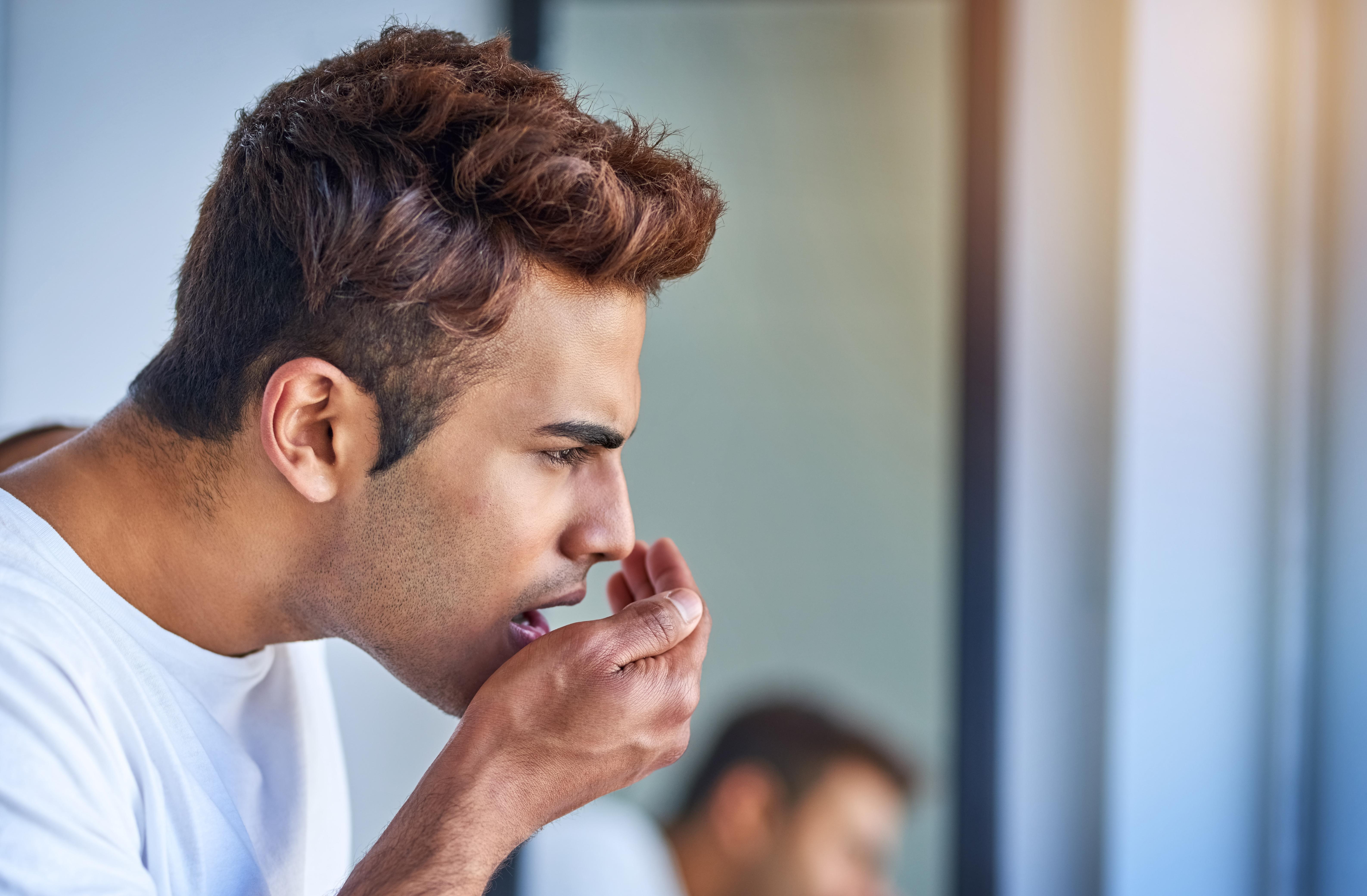Hidden Signs of Dehydration That Aren't Just Thirst
5. Muscle Cramps – The Misunderstood Culprit

Muscle cramps are often associated with intense exercise or mineral imbalances, but dehydration is another key factor that can contribute to their occurrence. When the body is dehydrated, electrolyte levels, including sodium, potassium, and magnesium, can become imbalanced, leading to involuntary muscle contractions. These cramps can be painful and disruptive, particularly during physical activity. By ensuring adequate hydration before, during, and after exercise, individuals can help prevent muscle cramps and maintain optimal performance. Understanding the role of hydration in muscle function highlights the importance of fluid balance for overall physical health.
6. Bad Breath – The Unexpected Indicator

Bad breath, or halitosis, is an unpleasant condition that can be linked to dehydration. Saliva plays a crucial role in maintaining oral health by washing away food particles and bacteria. When the body is dehydrated, saliva production decreases, allowing bacteria to thrive and produce foul-smelling compounds. This can lead to persistent bad breath, which is often misattributed to poor oral hygiene. By staying adequately hydrated, individuals can support saliva production and maintain fresh breath. Recognizing bad breath as a potential sign of dehydration can encourage individuals to prioritize fluid intake as part of their oral health routine.
